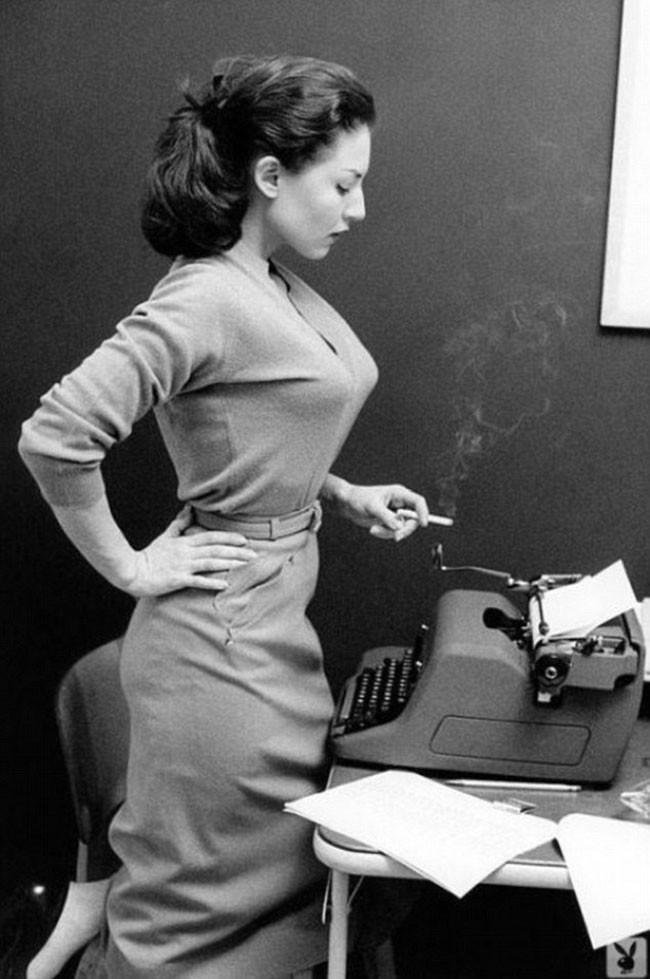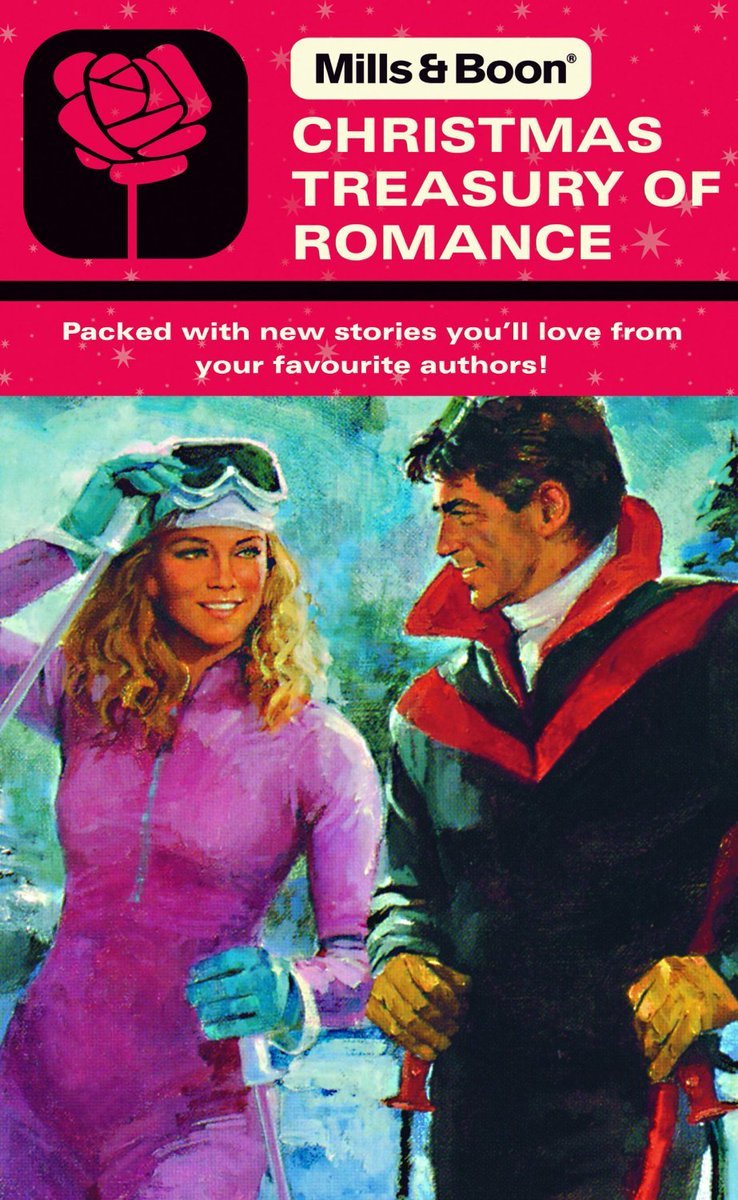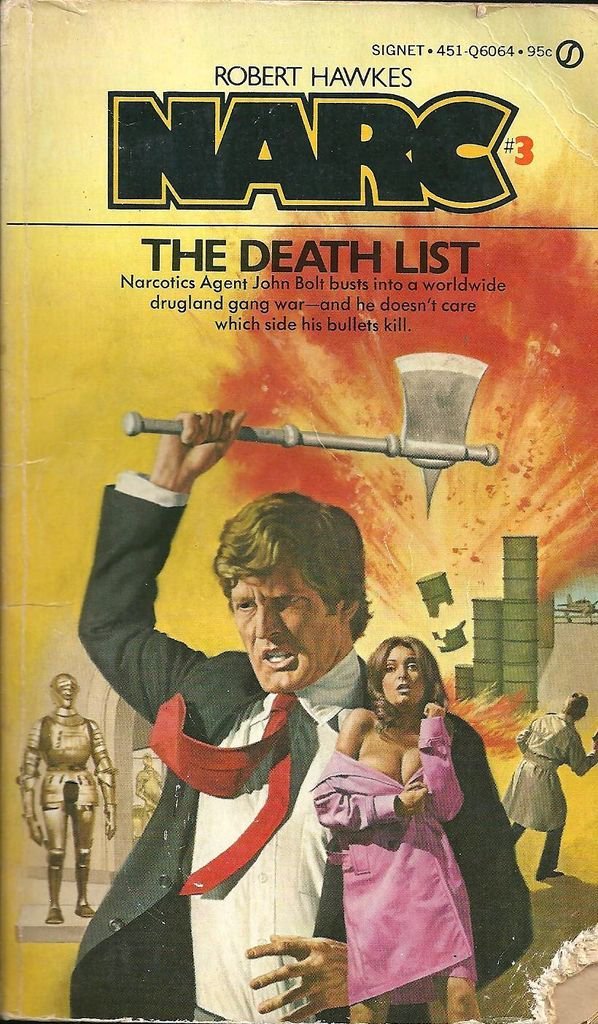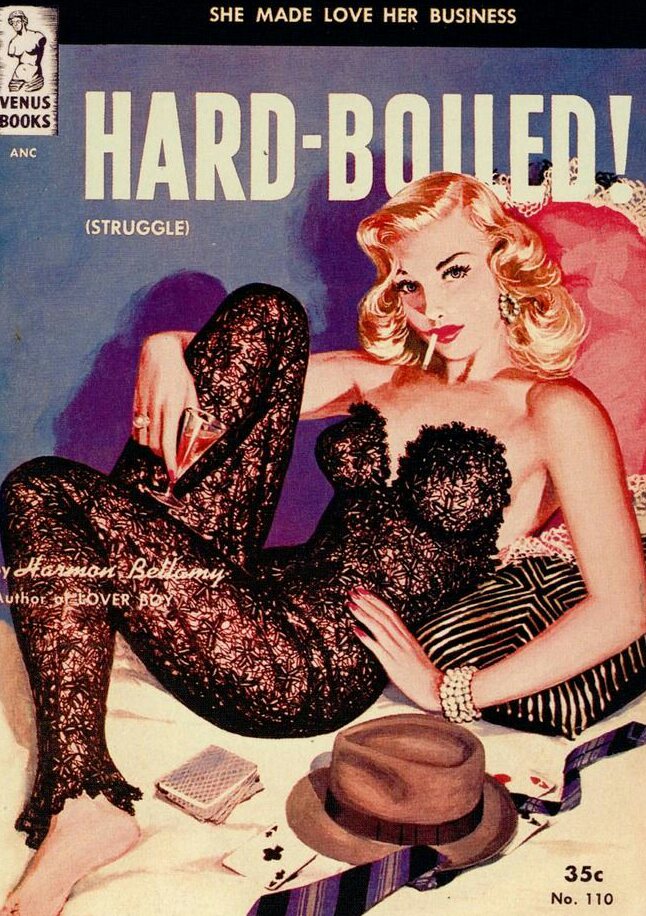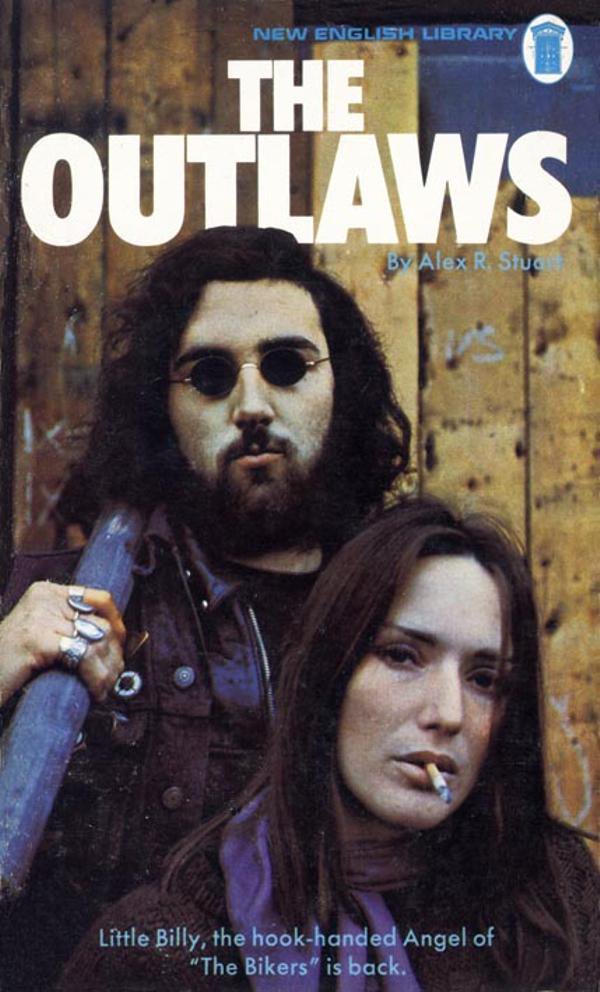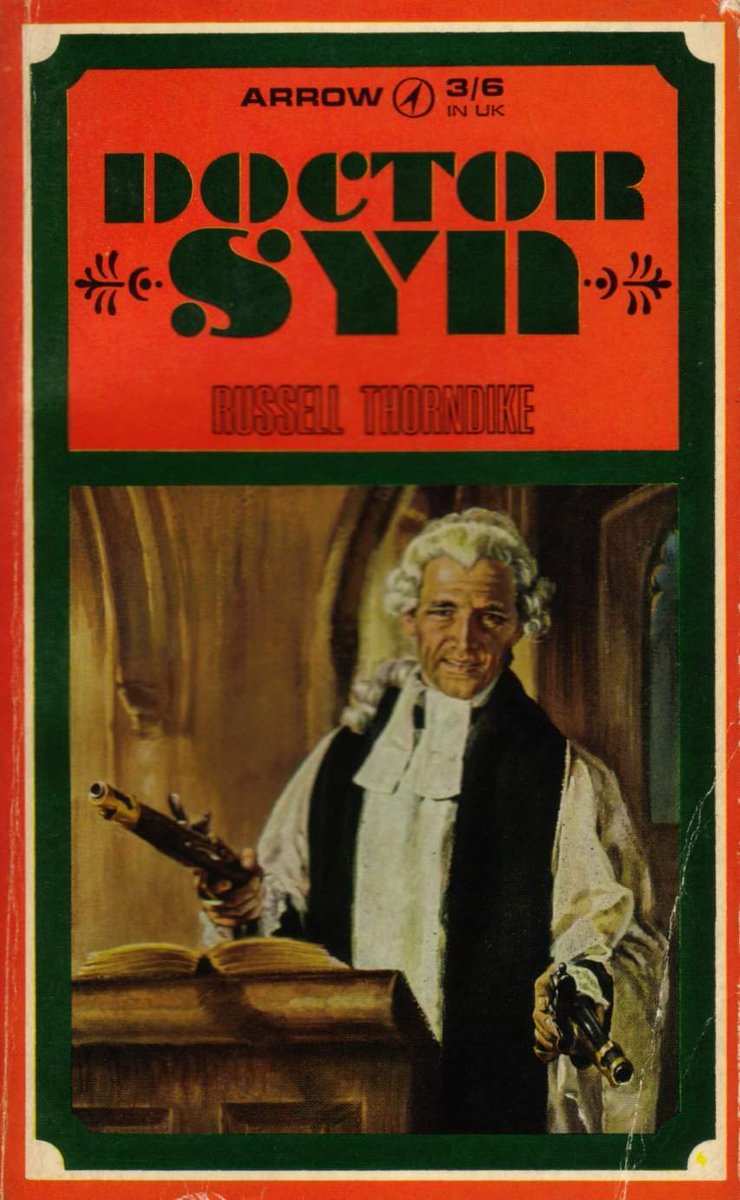As Ming the Merciless is suddenly trending I think it's time to look back at a certain favourite movie of mine.
Dum dum dum dum
DUM DUM DUM DUM...
Dum dum dum dum
DUM DUM DUM DUM...
The number of epic stories associated with the 1980 Flash Gordon movie is legion. Today I'll share a few with you, but there are many, many more!
Dino De Laurentiis had already produced Barbarella, Death Wish and Serpico by 1974 when he acquired the rights for Flash Gordon. George Lucas asked De Laurentiis for the rights in 1975 but was rebuffed. So he wrote Star Wars instead. 



De Laurentiis actually wanted Federico Fellini to direct Flash Gordon. When Fellini declined he tried Sergio Leone, before finally asking Nicolas Roeg - who was then sacked after a year's pre-production work. Mike Hodge was the eventual director. 

Lorenzo Semple Jnr - who had worked on the 1966 Batman TV show - created the initial Flash Gordon script. However it was very badly translated into Italian, so De Laurentiis didn't spot the comedy kitsch nature of Semple's screenplay: he thought he was getting an action movie. 

Danilo Donati was lead designer for the Flash Gordon film, though he never read the actual script. One idea he had was to build an actual three lane highway through the forest of Arboria set. But the trees of the Aboria set were so big the cameras couldn't be set up properly. 

Both Kurt Russell and Arnold Schwarzenegger were considered for the title role of Flash Gordon. In the end De Laurentiis's mother saw Sam Jones on a TV quiz show and demanded he be hired, as his lack of acting background would add authenticity to Flash's character.
Brian Blessed got the part of Vultan by marching into De Laurentiis's office, jabbing his finger at the character in the comic strip, and bellowing "IT'S BLOODY ME!!"
"No," replied the confused producer, "It's a comic book."
"No," replied the confused producer, "It's a comic book."

Director Mike Hodges originally wanted Pink Floyd to do the music for Flash Gordon. However Queen were recommended to De Laurentiis instead, leading to the confused producer's famous quote "But who are the queens?" 

Script mix-ups dogged the production of Flash Gordon. At one point Melody Anderson spent six hours in make-up being turned into a giant vampire spider, before De Laurentiis pointed out it had nothing to do with the film and ordered her to change. 

The Hawkmen actors could not sit down on set because their costume wings would rip into their backs. Instead they spent their rest periods on set lying on their stomachs and struggled to get up again. 

De Laurentiis was furious when he discovered the English technicians howling with laughter at the Flash Gordon rushes. His Italian film crew didn't speak enough English to report back that the film was headed in a very different direction from his original epic vision. 

Sam Jones fell out with De Laurentis before Flash Gordon was completed and refused to co-operate on post-production. Some (possibly all) of Flash's dialogue had to be re-dubbed using somebody else's voice.
Arthur Byron Cover (author of The Platypus of Doom and Other Nihilists) wrote the novelisation of the Flash Gordon screenplay. I have a pristine copy of this, and I can confirm it is pure unadulterated smut from beginning to end. 

There are many wonderful stories about the making of Flash Gordon. But the most important thing is this: nobody should ever, EVER try to re-make it.
Just. Don't.
More pulp stories another time...
Just. Don't.
More pulp stories another time...
• • •
Missing some Tweet in this thread? You can try to
force a refresh


